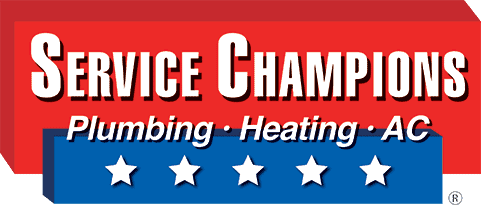5 HVAC Mistakes that Drive Up Your Heating Bill
When you’re more than usual for your heating bill during the winter, it can feel like there isn’t much you can do to cut down. But don’t despair. Here are 5 HVAC mistakes you could be making with your heating system without even realizing it. A few simple changes might be all it takes to bring those energy bills down.
Forgetting to Change Your Air Filter
The air filter is an integral part of your HVAC system. It keeps dust and debris from entering the furnace, which could damage the blower, burner, and other parts. Additionally, if you don’t change the filter regularly, it can cause problems in your home and raise your energy bills.
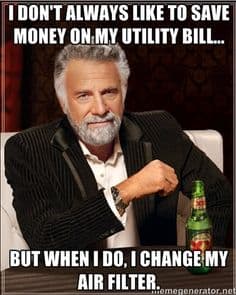
The Thermostat is in the Wrong Place
The thermostat is one of the most important parts of your home’s HVAC system. To keep your home at the right temperature, you need to know where to place your thermostat:
- Avoid doors or windows. When you place your thermostat near a door or window, the temperature around it will be colder than the rest of your home. Also, the temperature can fluctuate significantly if this area is drafty or gets lots of sunlight. This could make it difficult for your thermostat to accurately detect what temperature it should be set.
- Not in an empty hallway. You may think that placing your thermostat by itself will help it get accurate readings from all areas of your home — but that’s not always true! Empty rooms will have different temperatures than those occupied all the time. Place your thermostat in a space that’s used frequently.
- Not in the kitchen. If your thermostat is in the kitchen, it may not give accurate readings. Kitchens are hot places and not ideal for tracking temperature.
Forgetting Tune-Ups
The cost of heating your home can be a significant part of your monthly budget. That’s why it’s essential to ensure you get the most out of your heating system and keep it running at peak efficiency.
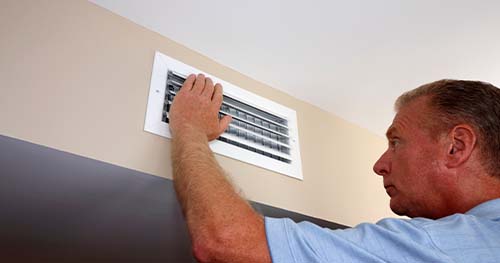
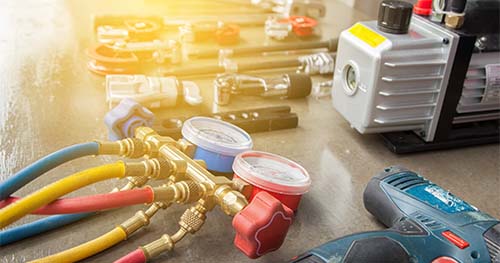
Closing Registers and Vents
Most homeowners are familiar with the importance of keeping their home’s vents and registers open in the summer. This is because closing them can cause an increase in energy use, as air conditioners must work harder to cool a home that doesn’t have proper airflow.
Closing vents during the winter restricts airflow, which means that your furnace has to work harder to heat your home.
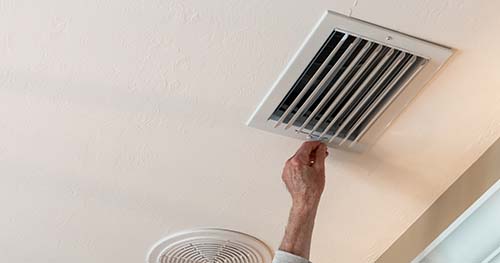
Adjusting the Thermostat Too Much
Do you ever find yourself cranking up your thermostat in an attempt to heat up your home faster? You’re not alone. It’s a common action among homeowners.
The answer is no – turning up your thermostat will not make the room heat any quicker. Instead, keeping your thermostat at a regular temperature is more likely to keep your home warm and cozy.

Book a HVAC tune-up with the Service Champions experts and help keep your energy bills low this season.
